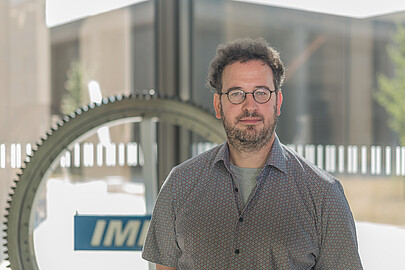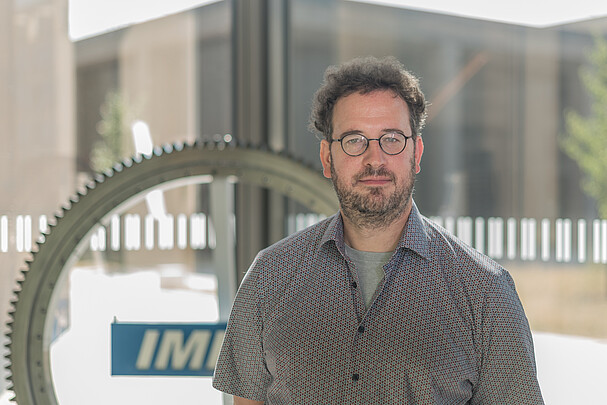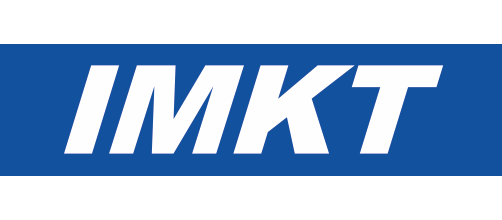im HIS-LSF
Modulbeschreibung
Contents
- Introduction to Green Tribology and Sustainability
- Environmental Impact of Tribological Processes
- Fundamentals of Tribology
- Tribo-Testing Theory
- Lubrication Theory and Sustainable Lubricants
- Surface Engineering
- Tribology in Renewable Energy Systems
- Tribology in Transportation Systems
- Tribology in Manufacturing Processes
- Biotribology and Biomedical Applications
- Future Trends and Innovations in Green Tribology
By the end of the ´Green Tribology´ module, students will be able to:
- Comprehend the definition and scope of tribology.
- Evaluate the importance of integrating tribology with sustainability.
- Assess the energy consumption in tribological systems.
- Identify emissions and environmental pollutants resulting from tribological processes.
- Perform a life cycle analysis of tribological components.
- Analyze case studies to understand the environmental impacts of tribological processes.
- Understand and explain basic concepts such as friction, wear, and lubrication.
- Identify the components and systems involved in tribological processes.
- Evaluate the interactions between materials and surfaces in tribological systems.
- Analyze various tribological testing methods such as pin-on-disk and scratch tests.
- Characterize surfaces using techniques like microscopy and spectroscopy.
- Interpret data from tribological tests to make informed decisions.
- Classify different types of lubricants: oils, greases, and solid lubricants.
- Evaluate the performance of eco-friendly lubricants and additives.
- Develop and propose the use of biodegradable and bio-based lubricants.
- Analyze case studies on the application of sustainable lubricants.
- Understand the principles of wear-resistant materials and coatings.
- Apply advanced surface engineering techniques to enhance performance.
- Evaluate the benefits of surface modification techniques such as thermal spraying, PVD, and CVD.
- Analyze case studies on surface engineering applications.
- Assess tribological challenges in wind turbines, solar panels, and hydroelectric power systems.
- Propose tribological solutions to improve the performance of renewable energy systems.
- Analyze the role of tribology in the efficiency of renewable energy systems.
- Understand tribological issues in automotive, rail, and aerospace systems.
- Propose sustainable tribological solutions for engines, transmissions, and brakes.
- Analyze the impact of tribology on electric and hybrid vehicles.
- Assess the role of tribology in machining, forming, and molding processes.
- Propose sustainable lubrication and wear reduction techniques in manufacturing.
- Evaluate case studies on reducing wear and friction in manufacturing processes.
- Develop strategies for integrating sustainable practices in manufacturing.
- Understand the tribology of human joints and prosthetics.
- Evaluate biocompatible materials and coatings for medical applications.
- Analyze wear and lubrication challenges in medical devices.
- Propose solutions for biomedical tribology based on case studies.
- Identify emerging materials and technologies in green tribology.
- Understand the role of digitalization and simulation in advancing tribology.
- Evaluate the impact of policy and regulations on sustainable tribology practices.
- Synthesize knowledge from various topics to propose innovative and sustainable tribological solutions.
These learning outcomes will equip students with the knowledge and skills necessary to contribute to sustainable engineering through advanced tribological methods and principles.
Prüfungsanmeldung
Ihre Dozenten in diesem Modul
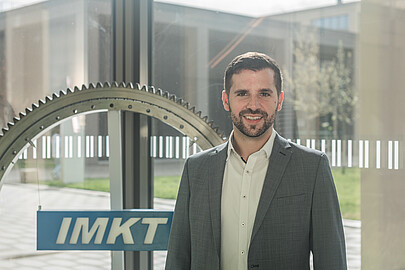
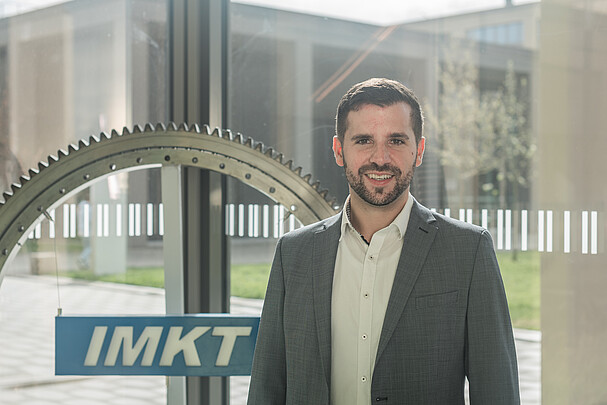
30823 Garbsen


